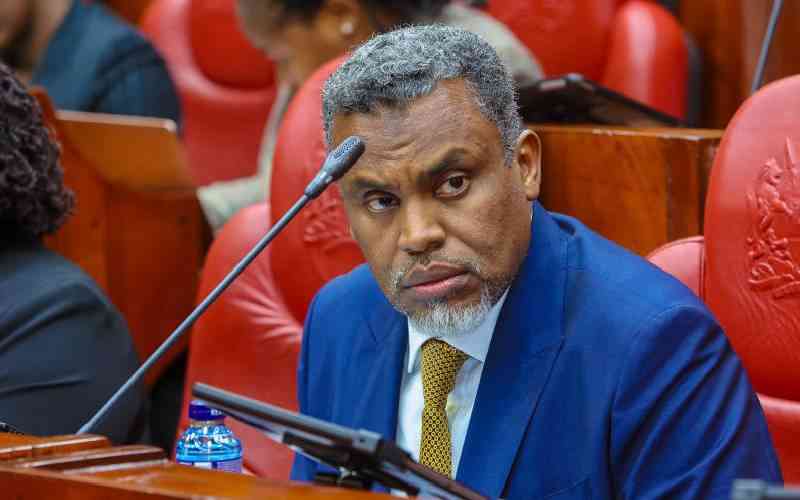
Public servants working at the national or county government levels will be protected from job losses should their positions be abolished, according to a proposed law.
The Public Service Human Resources Management Bill 2024, currently before the National Assembly, proposes for the retraining and redeployment of public servants whose positions have been declared redundant and seeks to forestall job cuts in the public sector.
“An officer shall not be removed or retired from public service on grounds of abolition of office unless the public service entity has considered re-training and deployment or transfer of the public officer as appropriate,”reads the Bill in part.
It also provides that, for an office to be abolished, the public service entity responsible should ensure that the office proposed to be abolished is not established by legislation, that the office relates to the provision of services no longer necessary or that cannot continue to be rendered efficiently and effectively in view of improved methods for service delivery.
Further, the abolition is to be guided by the fact that the abolition of the office in view of its level is necessary so as to eliminate unfair competition for staff within the public body.
“The abolition of the office shall not confer unfair advantage to a group of, or individual public officers in a public body,” adds the Bill.
The introduction of the Bill comes at a time the government is keen on downsizing its workforce amid considerations that it employs more than one million public servants with a wage bill exceeding Sh1 trillion.
It also comes in the wake of the country’s shift from the National Health Insurance Fund (NHIF) to the contested Social Health Insurance Fund (SHIF) with questions now abounding on the fate of workers of the now defunct NHIF. More than 1,700 employees of the abolished NHIF health scheme are confronting an uncertain future, with their jobs hanging precariously in the balance.
Additionally, the Bill provides that public service entities will be required to establish clear guidelines for the creation and abolition of positions, in line with the Public Service Commission Act.
And in a bid to streamline human resource management within the public service, the Bill seeks to amend seven laws, which are the State Corporations Act, Labour Relations Act, County Governments Act, Public Finance Management Act, Office of the Attorney-General Act, Public Service Commission Act, and the Foreign Service Act.
In a memorandum to the Bill, the sponsor, Runyenjes MP Eric Muchangi, noted that the Bill “seeks to provide uniform norms and standards for managing human resources to support efficient public service delivery.”
The Bill also seeks to issue clear guidelines on other issues, such as a leave of absence in the public service. It proposes a leave of absence for up to three years, extendable by another three years. It however restricts such a leave to be used for political activities.
Moreover, the Bill seeks to address bottlenecks in the existing laws and policies which have “hindered efforts to transform the public service and the country.” Key among them is the appointments in acting capacities where the Bill provides that a public servant cannot be appointed in an acting capacity unless they meet all the required qualifications.
It proposes that such appointments should last a minimum of 30 days and a maximum of six months, during which the recruitment process for a substantive office holder must be concluded.
Stay informed. Subscribe to our newsletter
Notably, should the recruitment process not be finalised within six months, the Bill proposes that another public officer be deployed in an acting capacity for an extended period.
[email protected]
 The Standard Group Plc is a
multi-media organization with investments in media platforms spanning newspaper
print operations, television, radio broadcasting, digital and online services. The
Standard Group is recognized as a leading multi-media house in Kenya with a key
influence in matters of national and international interest.
The Standard Group Plc is a
multi-media organization with investments in media platforms spanning newspaper
print operations, television, radio broadcasting, digital and online services. The
Standard Group is recognized as a leading multi-media house in Kenya with a key
influence in matters of national and international interest.
 The Standard Group Plc is a
multi-media organization with investments in media platforms spanning newspaper
print operations, television, radio broadcasting, digital and online services. The
Standard Group is recognized as a leading multi-media house in Kenya with a key
influence in matters of national and international interest.
The Standard Group Plc is a
multi-media organization with investments in media platforms spanning newspaper
print operations, television, radio broadcasting, digital and online services. The
Standard Group is recognized as a leading multi-media house in Kenya with a key
influence in matters of national and international interest.









